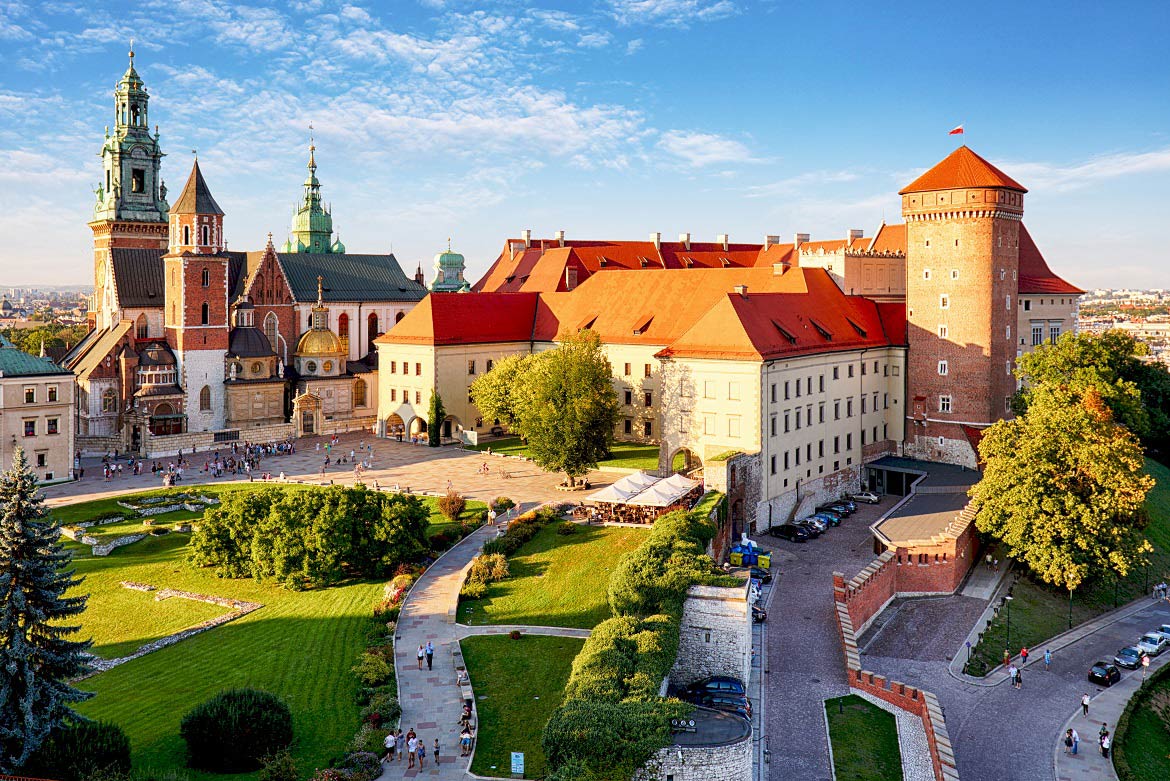
Online lecture on April 25, 2024, 19:00 CEST on “Science, Religion, and Nationalism” sponsored by Polish Chapter of SCS.
April 25 at 7:00 pm - 8:30 pm
There will be a lecture on Wednesday, April 25, at 19:00 (CEST) [1:00pm EDT] at the monthly online meeting of the Polish Chapter of SCS. The lecture, by Prof. Jaume Navarro, is entitled “Science, Religion, and Nationalism”. All are welcome! The lecture will be in English.
The link is https://us02web.zoom.us/
The abstract and a bio of the speaker are below:
Abstract: The 19th century saw the consolidation, in their modern form, of three powerful concepts: “Science”, “Religion” and “Nationalism”. For historians of science, it is a well-established fact that most of the characteristics of modern science—the research university, the academically-accredited scientists, the state-funded research laboratory, the industrial R&D lab, the tripartite state-controlled education and the scientific journal—emerged or came into their own during the 19th century. The evolution of the concept of “religion” has also received, at long last, its due attention. As J. H. Brooke and R. Numbers argued in 2011 and P. Harrison showed in 2015, during the 19th century, Christian religion finalized its slow transition towards an institutionalized set of doctrines, pulling in its colonial wake Western perceptions of spiritual constellations that became “Buddhism”, “Taoism”, “Hinduism” and “Confucianism”. Finally, scholars of nationalism have described how nationalism, as the ideology behind the “nation”, “national identity” and the “fatherland”, first emerged in the 19th century. It is thus curious oversight that “Science” and “Religion” and their relation to each other have rarely been discussed in relation to nationalism.
Attempts to broaden the geographical and religious scope of the discussion of the relationships between science and religion often fall into the trap of taking for granted what “science” and “religion” are and assuming that the conflicts that took place in the Anglo-American world (Darwin, creationism, etc.) are universal science-and-religion problems.
This project explores “science-and-religion” at a local level, paying attention to the diverse roles religious institutions, specific confessional traditions or an undefined notion of “religion” had in the construction of modern science in national contexts. The “nation” here is not seen as a tacit, implicitly accepted historiographical context, but rather as a dynamic, agonistic concept on its own right. Among such diverse roles that “science-and-religion-plus-nationalism” could be thought to play, one might think of the following: the use of an anti-clerical rhetoric in order to find a scapegoat for a perceived scientific and technological backwardness; the role of religious institutions in the emergence of a sense of identity and tradition in new states; the creation of “invented traditions” that included religious and scientific myths so as to promote new identities; the struggles among different confessional traditions in their claims to pre-eminence within a specific nation-state, etc. Moreover, this project will illuminate the processes by which religious myths and institutions were largely substituted by stories of progress in science and technology which often contributed to nationalistic ideologies.
Biography of the speaker: Jaume Navarro is Ikerbasque Research Professor at the University of the Basque Country (Spain). Trained in physics and in philosophy, his academic career has focused on the history of physics in the nineteenth and twentieth centuries and on the historiography of the sciences. After completing his PhD on the disciplinary and conceptual boundaries of early particle physics, he was a postdoctoral researcher at the University of Cambridge and Imperial College (London), and a Humboldt fellow at the Max Planck Institute for the History of Science. He has published extensively on the intellectual and cultural transformation of physics at the beginning of the twentieth century in the British Journal for the History of Science, Studies for the History and Philosophy of Modern Physics, History of Science, Centaurus and Science in Context, among other journals. He has published a monograph in Cambridge University Press (A History of the Electron. J.J. and G.P. Thomson, 2012) and edited or co-edited a number of collective volumes, including Ether and Modernity (Oxford University Press, 2018) and Research and Pedagogy. A History of Quantum Physics through its Textbooks (Edition Open Access, 2013), Science and Faith within Reason (Ashgate, 2011), and special issues in journals such as Science in Context, Centaurus, Studies in the History and Philosophy of Modern Physics and Zygon. He has recently led a project on the historiography of science and religion and its relationship with nationalism, publishing a book, Ciencia, Religión y sus Tradiciones Inventadas (Tecnos, 2022), and co-edited, with Kostas Tampakis, the volume Science, Religion and Nationalism. Local Perceptions, Global Historiographies (Routledge, 2024).
